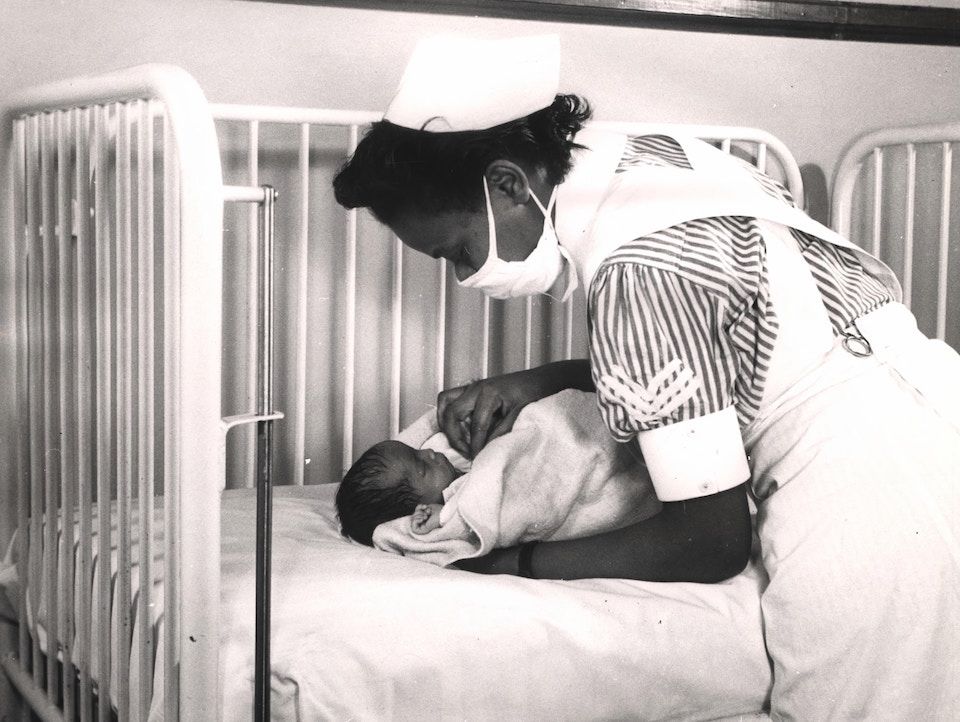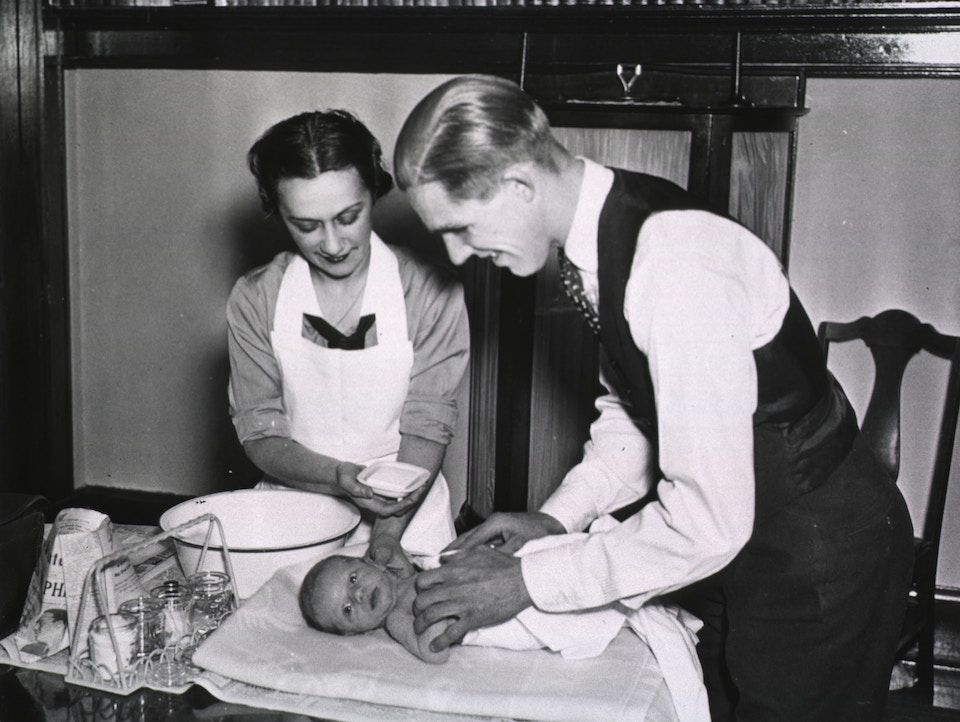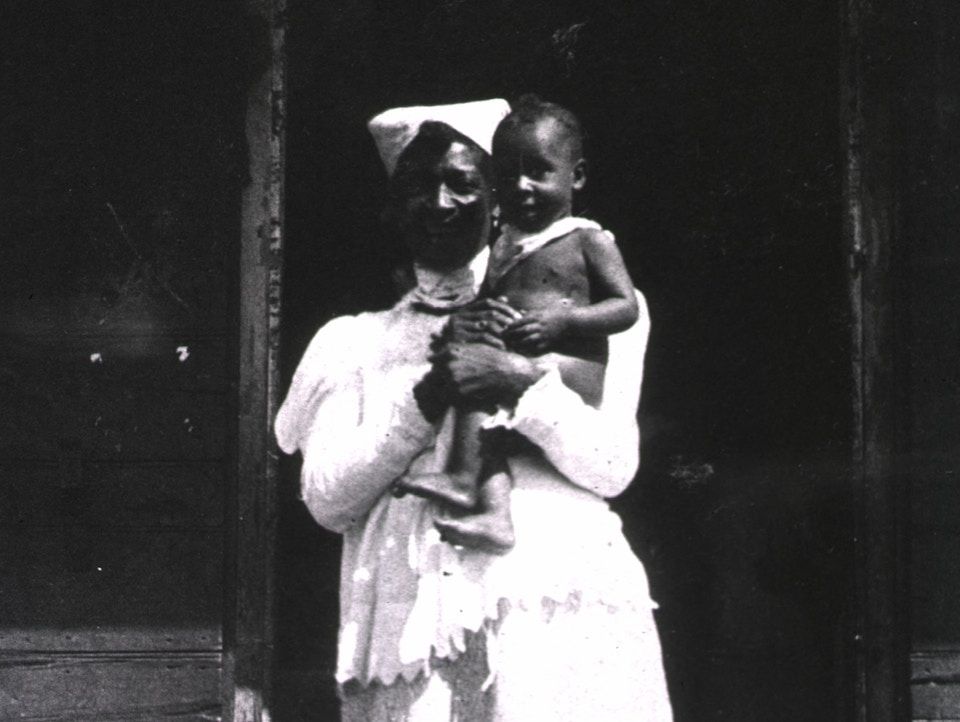A Call for Change and Inclusivity
The History and Legacy of Midwifery in the United States
Midwifery has a long and complex history in the United States, deeply entwined with both the culture and the healthcare system. However, the profession has struggled with issues of racism, sexism, and diversity, leading to disparities in maternal health outcomes. The time has come to acknowledge and address these issues to improve the quality and accessibility of midwifery care for all women.
Historically, midwifery in America predates European arrival, with Indigenous and enslaved women relying on experienced female healers during childbirth. By the 1900s, Black midwives attended an estimated 90% of births in the southern United States. Yet, despite the significant role of Black midwives in early American history, less than 5% of nurse-midwives today are people of color.
 Image by The National Library of Medicine
Image by The National Library of Medicine
During the early 20th century, physicians gained interest in childbirth, leading to the medicalization of the process. This shift was heavily influenced by sexism and racism, as white male doctors increasingly dominated the field. The 1910 Flexner report, which called for the abolition of homebirth and midwifery, further marginalized traditional midwives, who were often women of color or immigrants.
Mary Breckenridge, founder of the Frontier Nursing Service (FNS) in 1925, played a significant role in shaping American nurse-midwifery. While her efforts led to the establishment of the first nurse-midwifery education program in the US, her racist and eugenicist beliefs also contributed to the exclusion of Black midwives from the profession.
 Image by The National Library of Medicine
Image by The National Library of Medicine
Frontier Nursing University (FNU), formerly the FNS, has taken steps to address its past and create a more inclusive environment. In 2018, a group of students called on the administration to acknowledge the university's history of racism. In response, the Mary Breckinridge Task Force (MBTF) was formed to investigate the institution's past and make recommendations for change.
The MBTF found evidence of Breckinridge's racist beliefs, including her support for white superiority, eugenics, and segregation. The task force acknowledged her contributions to public health nursing and nurse-midwifery while denouncing her discriminatory beliefs and actions.
 Image by The National Library of Medicine
Image by The National Library of Medicine
Frontier Nursing University has taken steps to foster diversity, equity, and inclusion (DEI) since 2006, but acknowledges that more work needs to be done. Informed by the MBTF's recommendations, FNU's President's Task Force for DEI is developing an action plan for the university's future.
The United States faces some of the highest maternal morbidity and mortality rates globally, with Black mothers two to three times more likely to die in childbirth than white mothers. To address these disparities, it is crucial to confront the historical racism in midwifery and work towards a more diverse and inclusive profession.
As the medical profession and society at large continue to grapple with issues of racism and diversity, it is essential to learn from the past and work towards a more equitable and inclusive future for all. By acknowledging historical wrongs and taking steps to address them, institutions like Frontier Nursing University can help pave the way for a brighter, more inclusive future for midwifery and the women it serves.





